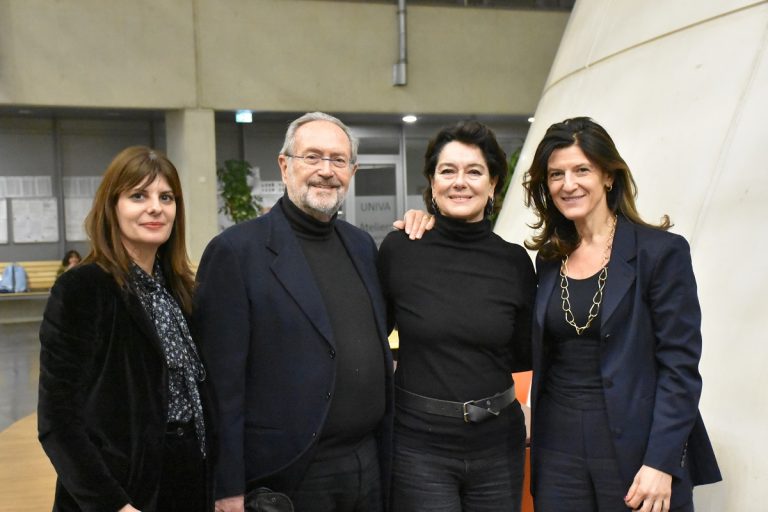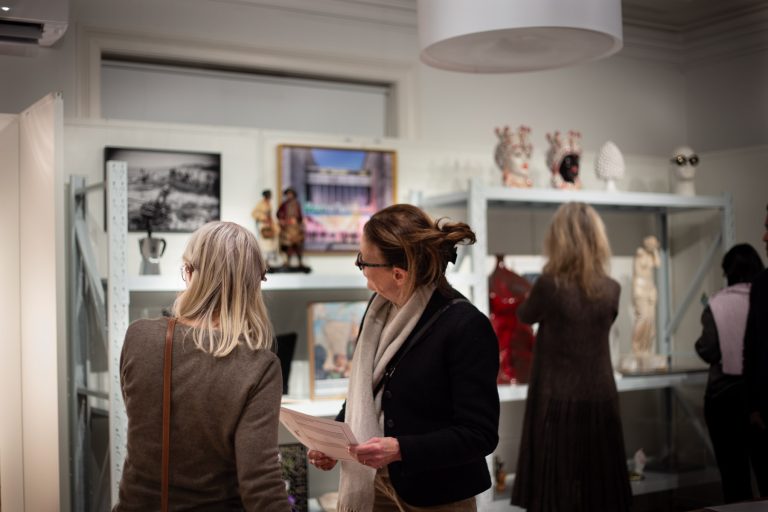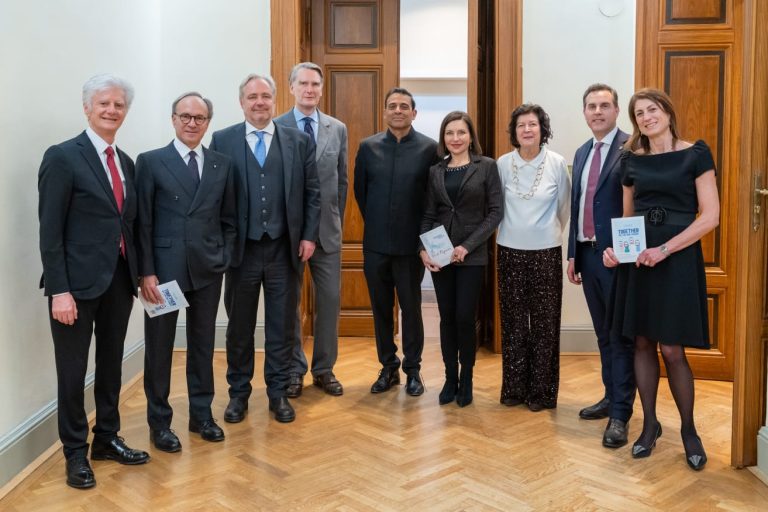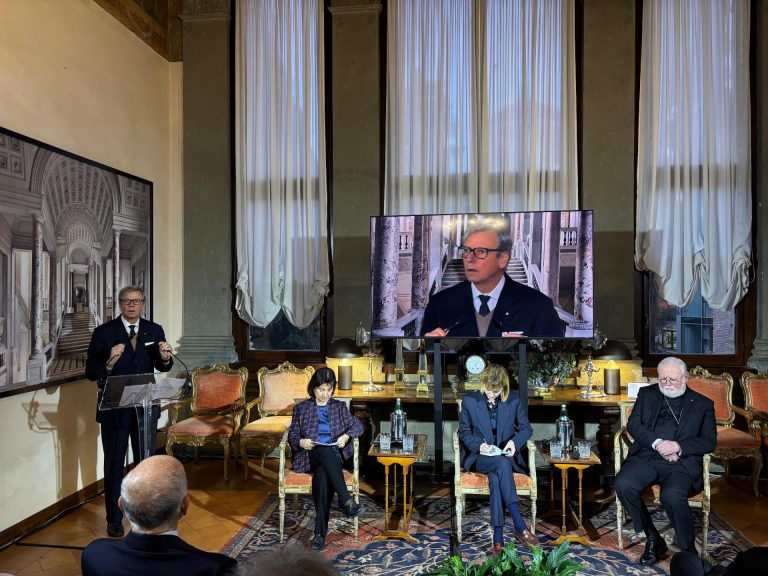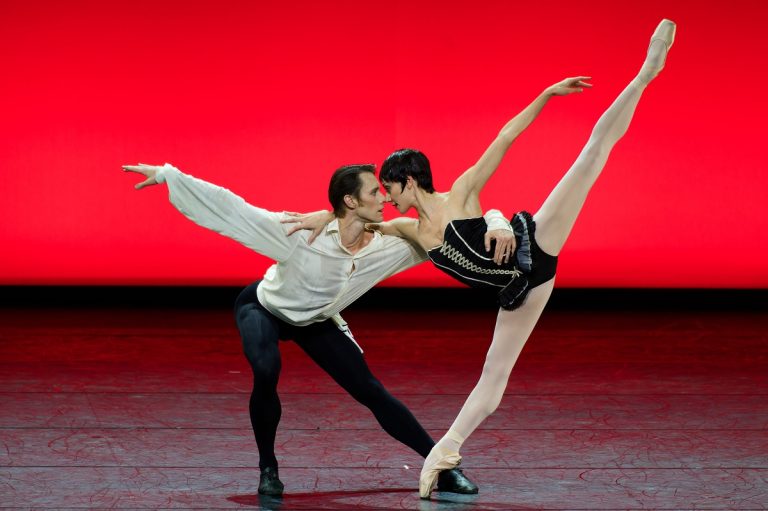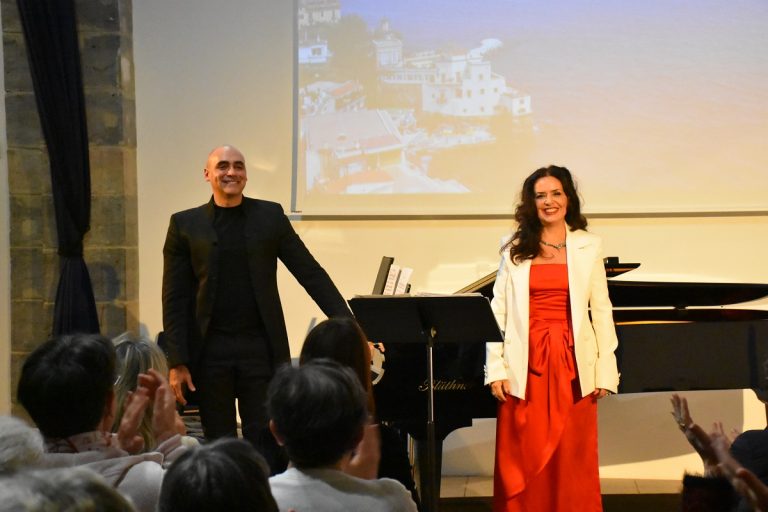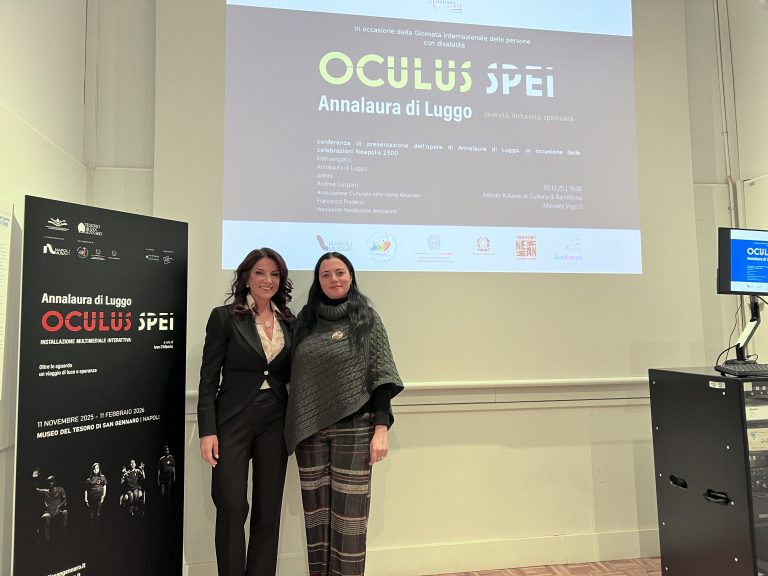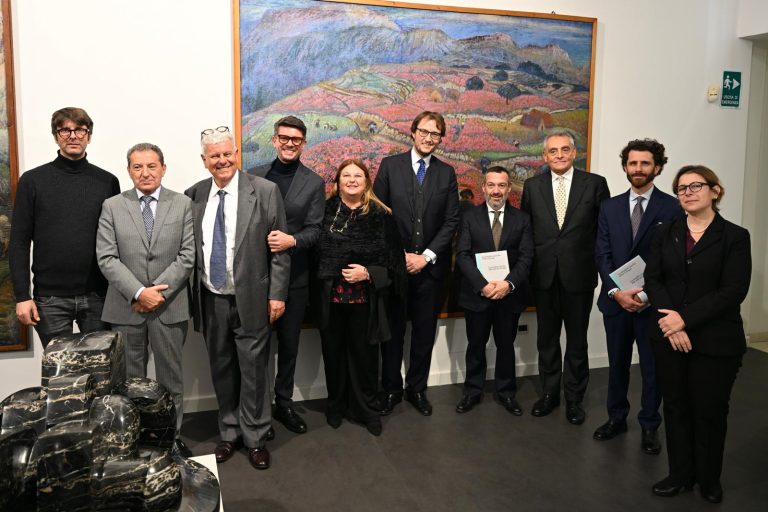On the occasion of the seven hundredth anniversary of the death of Dante, the Italian Cultural institute and Embassy in Paris, in collaboration with the Académie Française de l’Eau, are offering a round table discussion on 14 September, on the representation of rivers and water in all its forms, symbols, and meanings, in the Divine Comedy.
In fact, the work is organised around a topography of mythological, imaginary, and real rivers, lakes, springs, streams, and swamps. Some rivers (such as the Eunoè) were invented by Dante himself, and he is more obsessive about others than those in Hell, like the Arno in his native Florence. From the rivers of hell to those of Paradise, all the waters converge in “the great sea of being”. The sea becomes the sum of all the rivers in creation, and the infinite mirror of human thought.
Dante uses the composition and description of pure and impure, lethal and purifying waters, to give us an idea of what Hell or Paradise can be – in the hereafter and in life on earth. At a time in which water conservation is one of the main questions in terms of the climate challenge, re-reading Dante in a different way is a current key to grasping the actuality of this work.
The meeting, organised in partnership with the Université Sorbonne Nouvelle, aims to bring together the knowledge and experiences of French and Italian specialists, and works by contemporary artists. Those taking part in the round table, which will be opened by the Director of the Italian Cultural Institute in Paris, Diego Marani, will be Andrea Marcolongo, a graduate in Greek studies and Classical Literature from Milan University, Philippe Fretz, plastic artist and engraver, Jean Jouzel, Paleoclimatologist, and Brice Lalonde, Ex Minister of the Environment.


